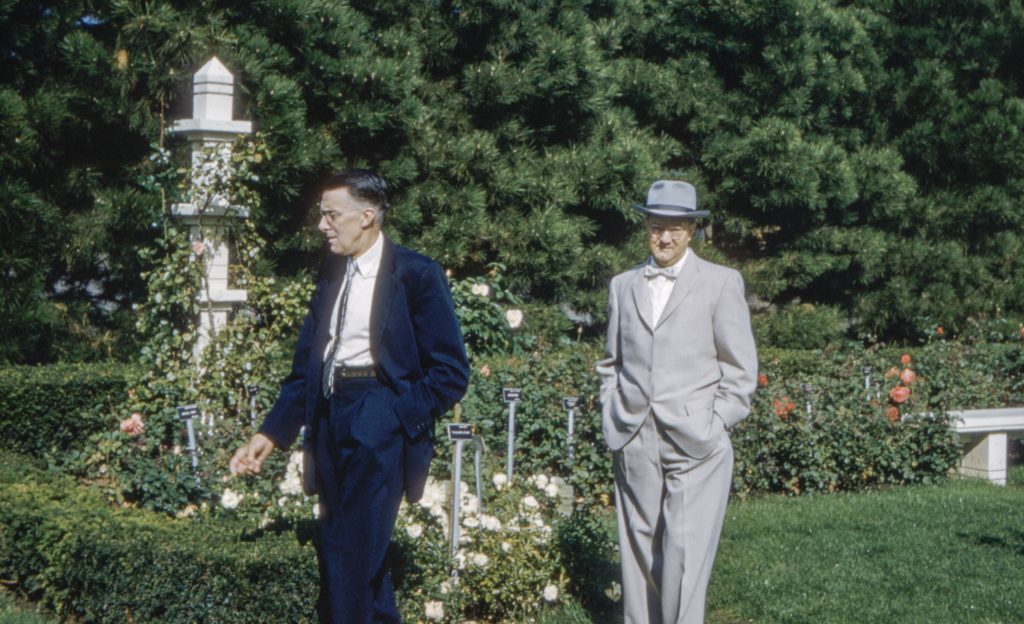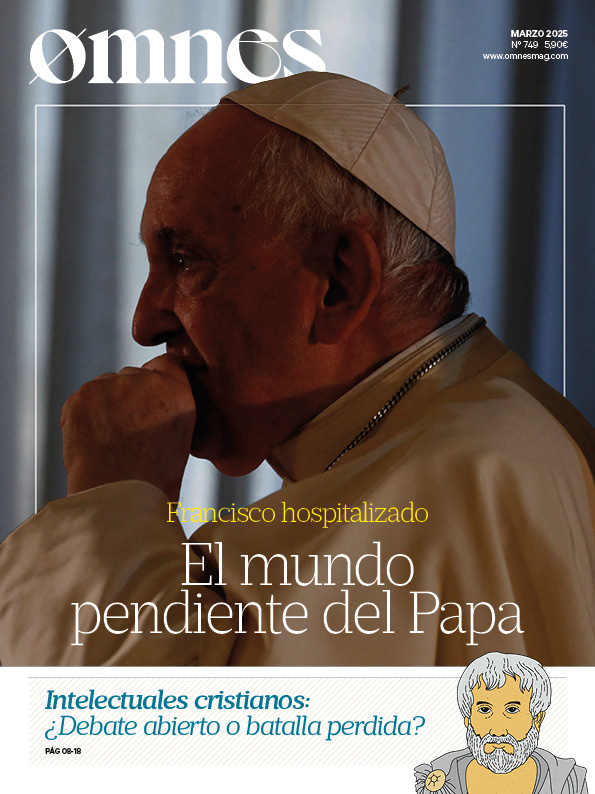"Great Expectations", High hopes, one of Dickens' best novels, tells the story of a boy who loses his innocence in his presumptuous attempt to escape his low social status. The central theme is the distinction between true and false promises, which generate, correlatively, real or substitute hopes.
The young Pip, nephew of an honest and simple village blacksmith, allows himself to be dragged - confused by a series of situations, which he interprets in the wrong way - by the vain dream of becoming a gentleman ("...").gentleman"), someone important on the social ladder. He is induced to do so by the attractive and cruel Estela, whose extravagant aunt, scorned and maddened by the abandonment of her fiancé on the wedding day, keeps the filthy table of the feast intact, wears since then the tattered wedding dress, and expires vengeful rancor towards men.

During his affluent life in London, the pretentious young man lives frivolously, disowning his humble origins and ashamed of his loved ones. In time, Pip will discover the identity of his mysterious benefactor: a convict he helped as a child, who treats him like a son, but for whom the young man now feels deep disgust. However, overcoming his initial dislike, he will be able to reciprocate his selfless love by helping him in his need. It is then that the best of Pip's heart comes to the surface.
Returning to the village, ruined and humiliated, Pip finds the compassionate welcome of his uncle, and decides to start a new existence, based now on the true meaning of life, discovered after his profound mistake. And the same will happen to Estela, whose false perception of life also led her to a great disappointment, when she married an abuser.
After much suffering, caused by the attainment of the false expectationsthe two young men discover which are the most important valuable pledges that offer the hope that does not disappoint and orient their lives according to the right choices, in accordance with goodness and love of neighbor.
Finally, the protagonist -transformed by the painful purification, which has made him wise- comes to affirm: "Suffering has been stronger than all other teachings, and it has taught me to understand what your heart was like. I have been bent, broken, but I have become - I hope - a better person.".
All the yearnings of the human heart contain a promise that generates hope. The reciprocal attraction of masculinity and femininity -the eros- constitutes the desire to engender in beauty (Plato). The spousal significance of the human body (John Paul II), established by the Creator, contains the gift and vocation to build an interpersonal communion of beautiful and fruitful love between a man and a woman. The sacrament of Christian marriage brings the original plan to its fullness, overcoming the fracture of sin with the power of grace.
The reductive and false interpretationsThe results are that the noble, original attraction, advocated by some fashionable ideologies, reduces the end of the noble original attraction to the mere physical and chemical of selfish and utilitarian pleasure, or to the romantic idolatry of a kind of pyrotechnics of fleeting emotions. The inevitable result is frustration and existential emptiness, division and confrontation that ruin people and societies.
It is urgent to recover the genuine sense of human love of surrenderinscribed by the Creator in the grammar of affectivity (Benedict XVI): a generous and faithful love, formed in the forging of human and Christian virtues; a love that gives life and builds warm homes, constituted as the cradle and school of human life; an authentic and integral love that regenerates civilizations according to God's plan.
This is the exciting mission of Christian couples, sent as good news to the world: to recover the joy of love (Francis) that the Church, family of families, must offer today to a disoriented culture. It will be audacious and holy couples who will bring to our society the great Christian hope of family love that everyone dreams of.
University of San Dámaso








